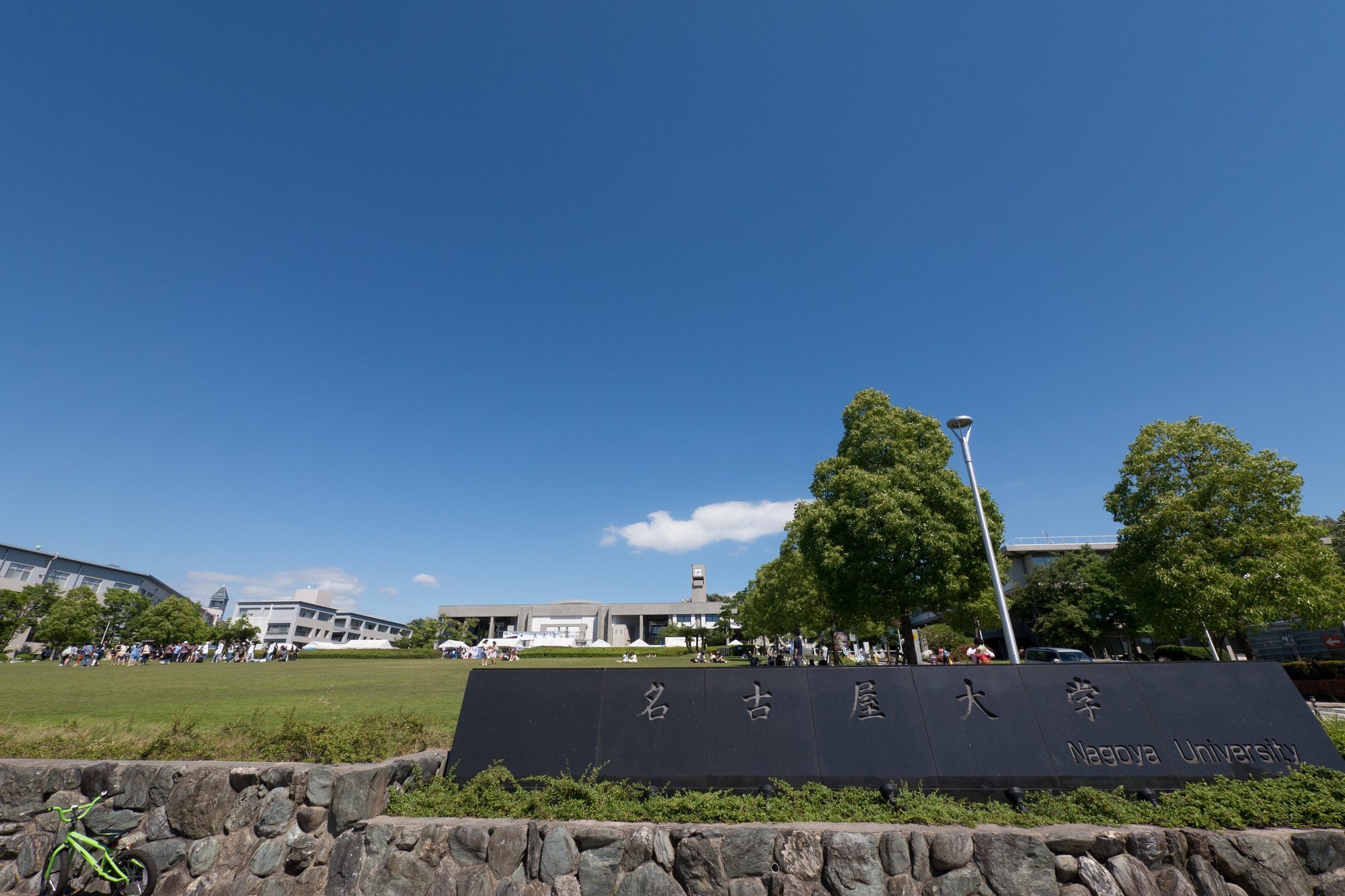The research group of Professor Naoki Honda of the Graduate School of Life Sciences, Kyoto University, Shoichiro Yamaguchi, a master student of the Graduate School of Informatics (currently Preferred Networks Co., Ltd.), and Professor Shin Ishii, is a behavioral strategy based on animal behavior data. In addition to devising a machine learning method to clarify the above, we applied this method to nematodes and confirmed its usefulness in a joint research with Professor Ikue Mori of the Graduate School of Science, Nagoya University.
According to Kyoto University, humans and animals take action strategies according to the situation in order to obtain some kind of reward such as food and money.However, since some rewards are not accompanied by actual conditions, it was difficult to know what was decided as a reward just by observing freely moving animals.
Therefore, the research group focused on the temperature-taxis behavior of nematodes.When a nematode grows by feeding it sufficiently at a constant temperature, it memorizes its growth temperature and moves toward the growth temperature in a space where the temperature is uneven.On the contrary, when it grows while experiencing a starvation state without food at a constant temperature, it has the property of trying to escape from the growth temperature.
The research group devised a machine learning method (reverse reinforcement learning method) that estimates unknown rewards from measured time-series data.Analysis of the nematode behavior time series data revealed that nematodes grown with sufficient food have the property of efficiently moving toward the growth temperature or moving along contour lines at the same temperature.
Furthermore, as a result of computer simulation of the nematode behavior based on the estimated reward, the temperature-taxis behavior of the nematode was reproduced.The research group hopes that this method will advance research on animal behavior strategies that could not be elucidated so far.
Paper information:[PLOS Computational Biology] Identification of animal behavioral strategies by inverse reinforcement learning


